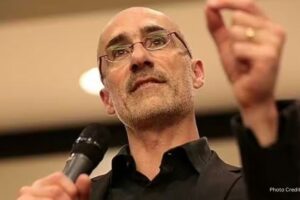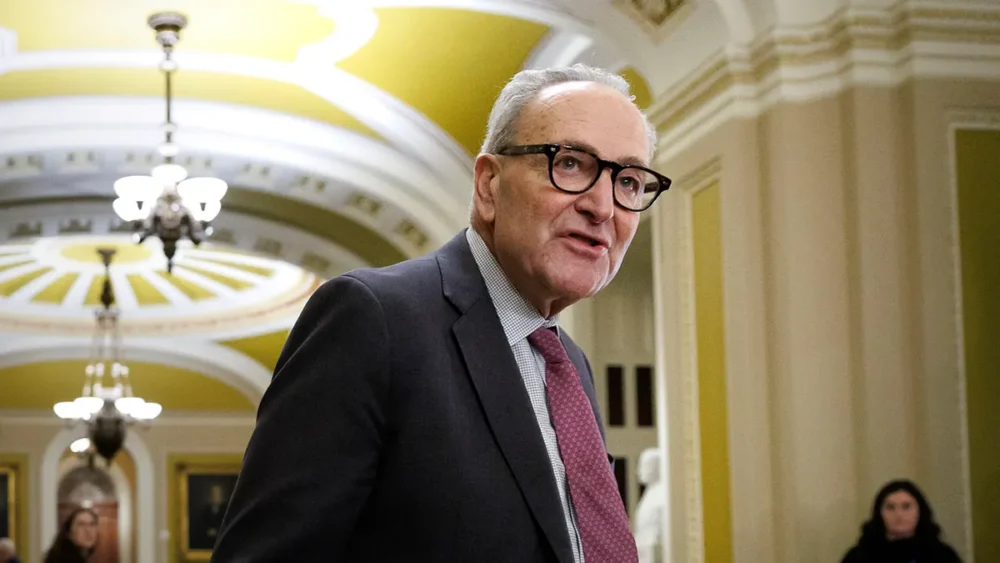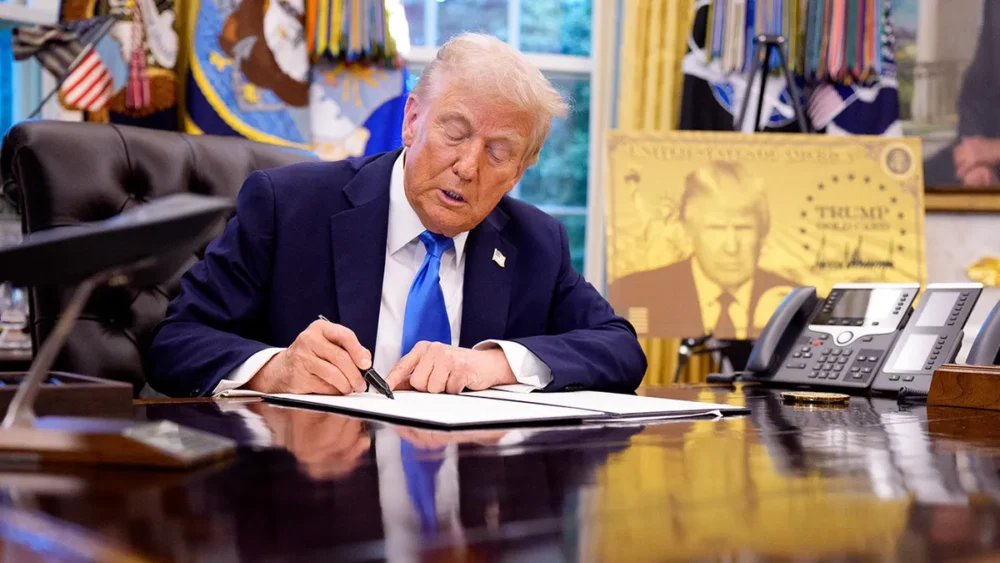A group of centrist Senate Democrats is actively engaged in negotiations to bring an end to the ongoing government shutdown, now the longest in U.S. history. The discussions are being led by Senators seeking to balance immediate government funding needs with progressive demands for expanded health insurance subsidies. Several centrist Democrats, including Jeanne Shaheen and Gary Peters, are at the forefront, working to gather enough support from colleagues in hopes of finalizing an agreement that would reopen the government in the near future.
Senator Maggie Hassan has signaled her willingness to support a proposal, provided that it includes a Senate vote on extending health insurance premium subsidies. However, the issue is proving divisive, with progressive Democrats voicing their frustration and warning against any deal that fails to address significant healthcare reforms. These internal divisions are creating a roadblock, making it uncertain whether enough Democrats will sign on to successfully resolve the shutdown.
Behind the scenes, reports suggest that roughly eight Senate Democrats are favorably inclined to vote for reopening the government if specific conditions are met. Their support is critical, as a small number of Democratic votes, combined with Republican backing, could be sufficient to pass the required funding bill. While Senators like John Fetterman, Catherine Cortez Masto, and Angus King have supported previous reopening measures, others—including Jon Ossoff, Mark Kelly, Peter Welch, Tammy Baldwin, and Elissa Slotkin—are closely watching progress on lowering healthcare costs before making a final decision.
The developing plan involves the passage of appropriations to fund select government sectors through 2026 and promises a Senate vote to extend enhanced ACA subsidies. Senate rules requiring a 60-vote threshold continue to present a challenge, as leaders stress bipartisan cooperation is needed for the measure to advance. Centrist Democrats involved in negotiations are advocating for swift action, while some within the caucus maintain that only a strong stance on health coverage will satisfy the party’s base and result in meaningful policy gains.
The recent sweep in state elections has emboldened Democrats and increased their leverage in negotiations. However, skepticism persists regarding Republican willingness to commit to the proposed terms—especially whether the House would bring any Senate-passed healthcare measure to a vote. Senator Bernie Sanders and others have spoken forcefully about the consequences of any compromise that does not guarantee robust health coverage for millions, warning it could undermine both public welfare and political momentum.
At the same time, bipartisan Senate appropriations committee members are working on a package to fund agencies such as Agriculture, Military Construction–Veterans Affairs, and the Legislative Branch. This “minibus” approach is being considered as a practical vehicle for ending the shutdown and moving forward with regular appropriations once the government is back in operation.
Despite signals of readiness from the moderate wing to strike a deal, the lack of explicit Republican assurances and ongoing internal disagreements within the Democratic caucus are hindering progress. Many lawmakers remain steadfast in their belief that meaningful healthcare reforms must be prioritized, and the outcome of these negotiations will determine not only the reopening of the federal government but also the trajectory of healthcare policy ahead.















